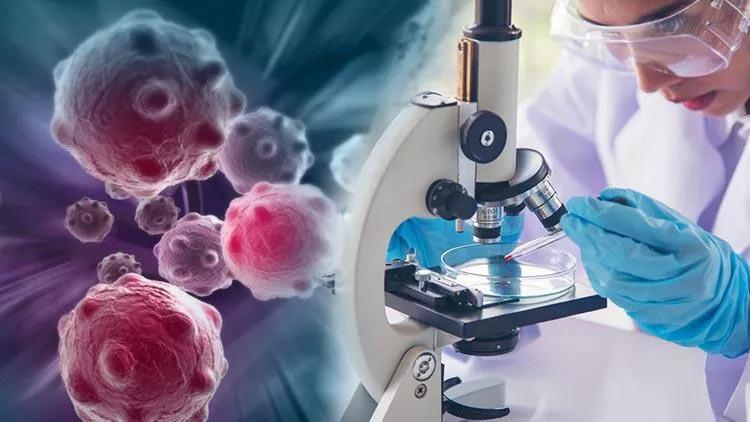
The COVID-19 pandemic may have triggered cancer cases in young adults, as the disease itself, which gravely affects the immune system, and the adoption of a sedentary lifestyle brought by the pandemic has led to increased cancer rates in the young population, an expert has warned.
Dr. Ender Dulundu, a lecturer at Cerrahpaşa Medicine Facultyn and President of the World Surgical Gastroenterology and Oncology Association, noted that there are studies suggesting that the COVID-19 pandemic may have triggered the existing cancer predisposition and that COVID-19 itself may be one of the reasons for the increase in cases diagnosed with cancer in the post-pandemic period.
Noting that young people are at much greater risk now because they do not pay enough attention to the symptoms, Dulundu stated that cancers that occur at a young age are usually very aggressive.
Dulundu said that the coronavirus is “a disease that triggers a lot of inflammatory processes that negatively affect the immune system,” and this negatively affects the uncontrolled proliferation of cells or their natural environment.
Pointing out that the young population was also seriously sedentary during the pandemic, Dulundu said that young individuals lose most of their muscle mass when they stay at home sedentary for even two weeks, and their body fat percentage greatly increases.
“Adiposity itself is a process that triggers many cancers. Also, during the pandemic period, people did not prioritize their complaints and postponed their routine controls or treatments. For this reason, we came across too many cancer patients within a certain period of time,” Dulundu said.
Dulundu pointed out that cancers such as colorectal, pancreatic, breast, thyroid, uterine and skin related increased in the young age group.
Emphasizing that according to current medical guidelines, screening tests for colorectal cancers and large intestine cancers are performed after the age of 50, Dulundu stated that physicians would also need to change some of their practices.
“We need to keep in mind the possibility of cancer underlying the complaints in young patients. We need to ask for further tests accordingly. Also, the young patient group does not care much about their complaints. Or we do not always think of the worst possible outcomes under these complaints. Due to this, we detect young cancer cases a little late,” he added.
He advised that if the patient’s complaints continue after the initial treatments, it is absolutely necessary to continue with further examinations.
He stressed that especially people with a family history of colon, pancreatic, or breast cancer should not neglect their symptoms and should take further tests that can clearly reveal the cause of these complaints.